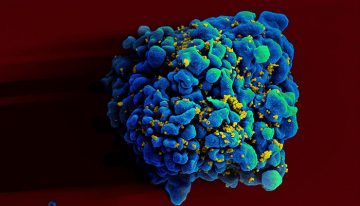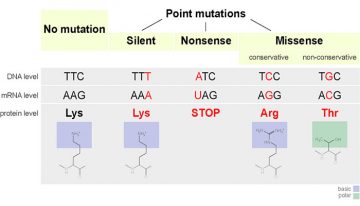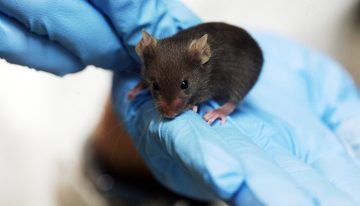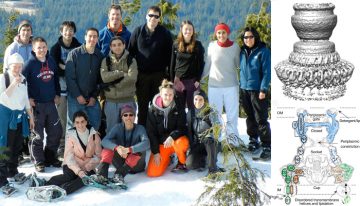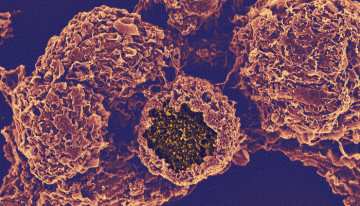Research
What is the Best Method of Preventing HIV Transmission?
August 24, 2017
Researchers collaborated to study the most salient methods of preventing HIV transmission via contaminated needles, comparing two harm reduction strategies and antiretroviral therapy (ART).
More than an Antibiotic: Unveiling Alternative Therapeutic Potential of Gentamicin
August 17, 2017
A minor component of gentamicin, an antibiotic used to treat bacterial infections, has the ability to suppress nonsense mutations. This may greatly benefit patients living with rare genetic diseases.
Kastrup Lab Uses Simulations to Uncover a Potential New Player in Thrombosis
July 17, 2017
Researchers from the Kastrup Lab at the CBR have provided insight into the mechanism of action for one activator involved in blood clot formation: short‑chain polyphosphate (PolyP).
Bromme Lab Makes an Osteoporosis Mouse Model that is More Similar to Humans
June 29, 2017
All new osteoporosis drugs have failed clinical trials with unexpected severe side effects and no one knew the reason. Now, Bromme Lab at the CBR discovered key differences between mouse and human cathepsin K proteins that can help create more effective mouse models and test for side-effects long before human trials.
Kizhakkedathu Lab Develops Heparin Reversal Treatment Without Usual Side-Effects
May 31, 2017
Published in Blood, Dr. Manu Kalathottukaren showed that the Universal Heparin Reversal Agent (UHRA) developed in Dr. Kizhakkedathu’s Lab is non-toxic and has many advantages over the current standard of treatment.
CBR Researchers Achieve near Atomic Resolution of Salmonella’s Nano-Syringe
May 26, 2017
How do pathogenic bacteria manipulate host cells and cause disease? Published in Nature, Dr Strynadka’s lab at CBR solved the structure of the “nano-syringe” Salmonella uses to infect the host and cause disease.
Hancock Lab Develops a New Tool for Studying Chlamydia Infection
May 12, 2017
While the pathological findings of the study will indeed be beneficial to antibiotic development, it is the innovative approach used in creating the in vitro model that must be highlighted.
Solving the Mystery: Heparin-induced Thrombocytopenia Without Heparin?
April 27, 2017
Heparin use is not without consequence as its usage can result in an auto-immune clotting disorder, called heparin-induced thrombocytopenia (HIT). Interestingly, HIT can persist even after heparin has cleared from the body – a mystery that the CBR researchers aimed to solve.
Novel Coating Layer to Prevent Medical Device Infections
February 16, 2017
Dr. Kai Yu developed the best performing medical device coating for preventing catheter-associated urinary tract infections.
Bee Research in the ‘omics Era: Unlocking a Troublesome Genome
January 26, 2017
Today, bees are facing many challenges, such as parasites and pesticides, and modern ‘omics technology has emerged as an excellent tool to help disentangle how complex interacting factors are affecting bee health.



